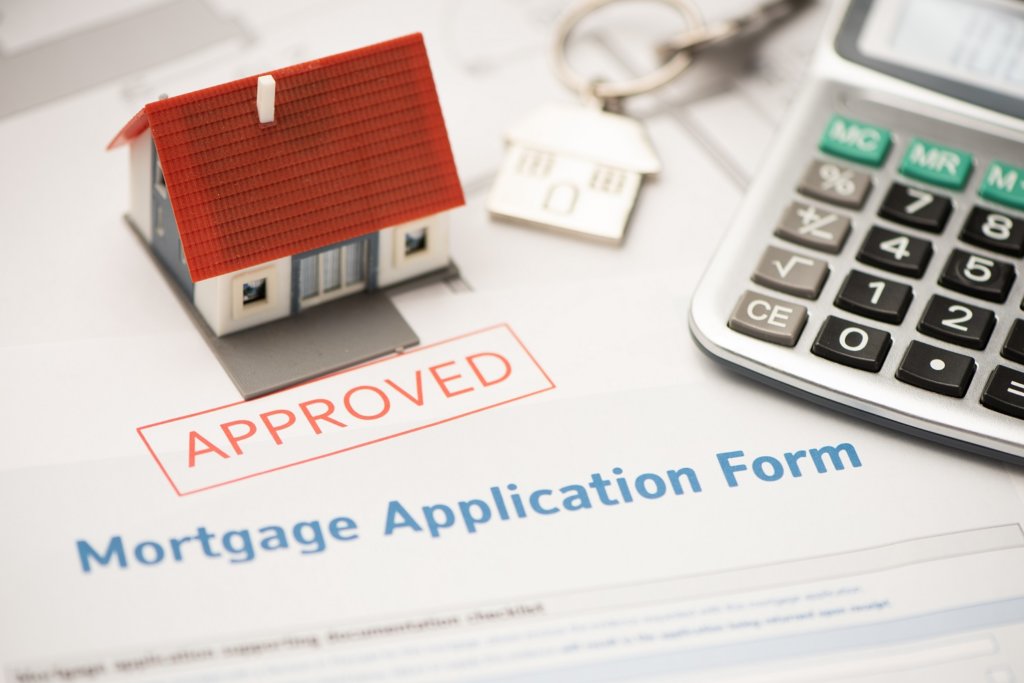02 Mar 7 Steps to Applying for a Mortgage

Buying a home is exciting. It is one of the largest purchases, if not the largest purchase, you will ever make. However, a crucial component of buying a home is applying for and obtaining a mortgage. This can often be very stressful.
Here are some tips on how to apply and qualify for a mortgage loan to make the process a little easier to manage.
1) Check Your Credit
The first step is to check your credit to ensure there are no errors on your credit report. Visit www.annualcreditreport.com to process a report for free. If there are errors, easy instructions are provided to correct them. Take care of this sooner rather than later.
2) Choose Your Mortgage Broker
A mortgage broker connects you with a lender who can secure the best loan. A good way to research brokers is by leveraging your real estate attorney for recommendations. Continue your due diligence by learning about a broker’s credentials, approach to service-delivery, and communication style. This is a big decision, and finding the right fit is critical.
3) Organize Your Documents
Be sure you have all of your financial documents in order when you are getting ready to apply for a mortgage. Your mortgage broker will likely provide you with a list of what is needed, but it is beneficial to get a head start. Standard documents include recent bank statements, pay stubs, retirement account statements and income tax returns.
4) Apply
Now it’s time to submit the loan application. Be prepared to provide the following information:
- Residential history, including current address and addresses from the last two years
- How much you currently spend on housing
- Income broken down into base income, overtime earnings, bonuses and commissions, and any investment or other sources of income.
5) Choose Your Loan
Which type of mortgage is best? Fixed rate? Adjustable rate? Interest only? FHA? Loans are loaded with features, so it’s important you understand which one works best for your situation. A bad loan could turn your biggest asset into your biggest liability. A reputable mortgage loan officer will help you evaluate which type of loan is best for you.
6) Appraisal
Your lender will require a home appraisal to estimate the market value of your home. The purpose of the appraisal is not only to protect the lender from lending more money than the home is worth, but also to protect you from overpaying for the home.
7) Closing Time
Finally, the moment you have been waiting for has arrived. It is time to close on your new home. Closing is when you sign all of the mortgage loan documents to provide funding on your new home. At the closing, you will review all of the documentation for your loan with your real estate attorney.
Play Your Cards Right
Too often, home buyers unknowingly jeopardize their chances of obtaining a mortgage. Keep these in mind: Avoid taking out any new loans–such as financing an automobile–during the mortgage process. Avoid switching jobs, or moving funds around from one account to another. Changes to your finances can force your broker to reevaluate your loan from the beginning and delay the closing. This can be a lengthy process, and having a new loan or a new job can decrease your chances of being approved for a mortgage.
If you liked this post, please like and follow us on Facebook and LinkedIn.




Sorry, the comment form is closed at this time.